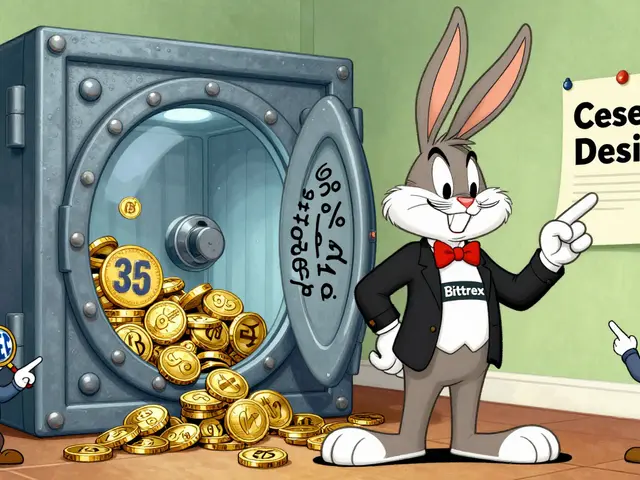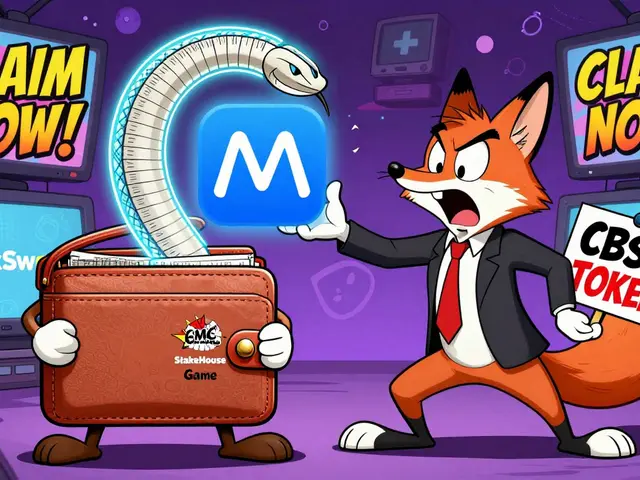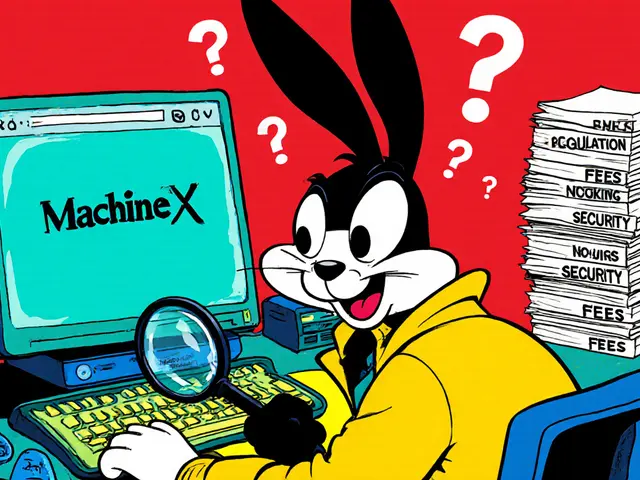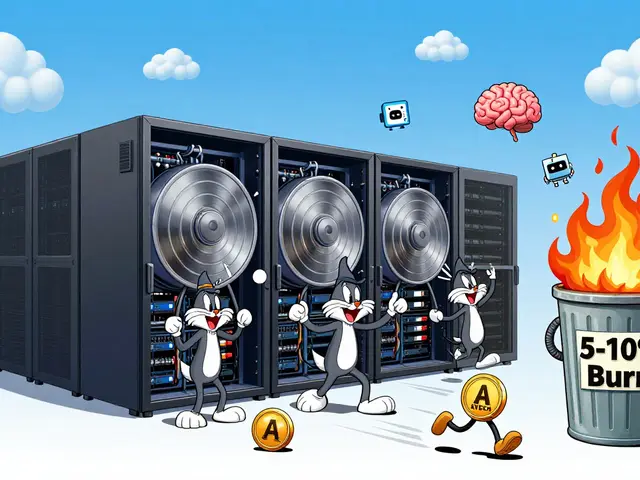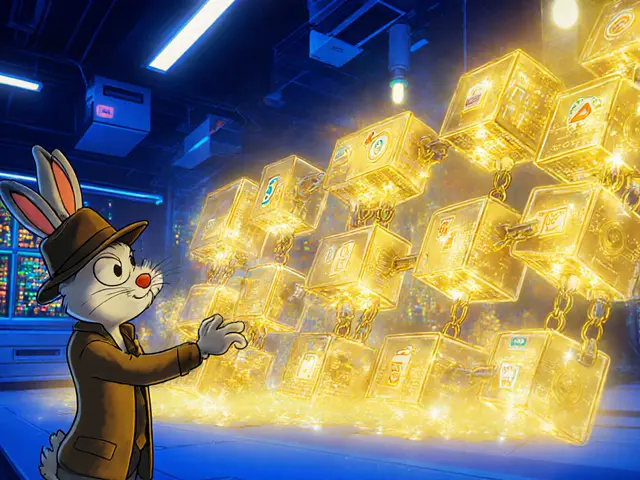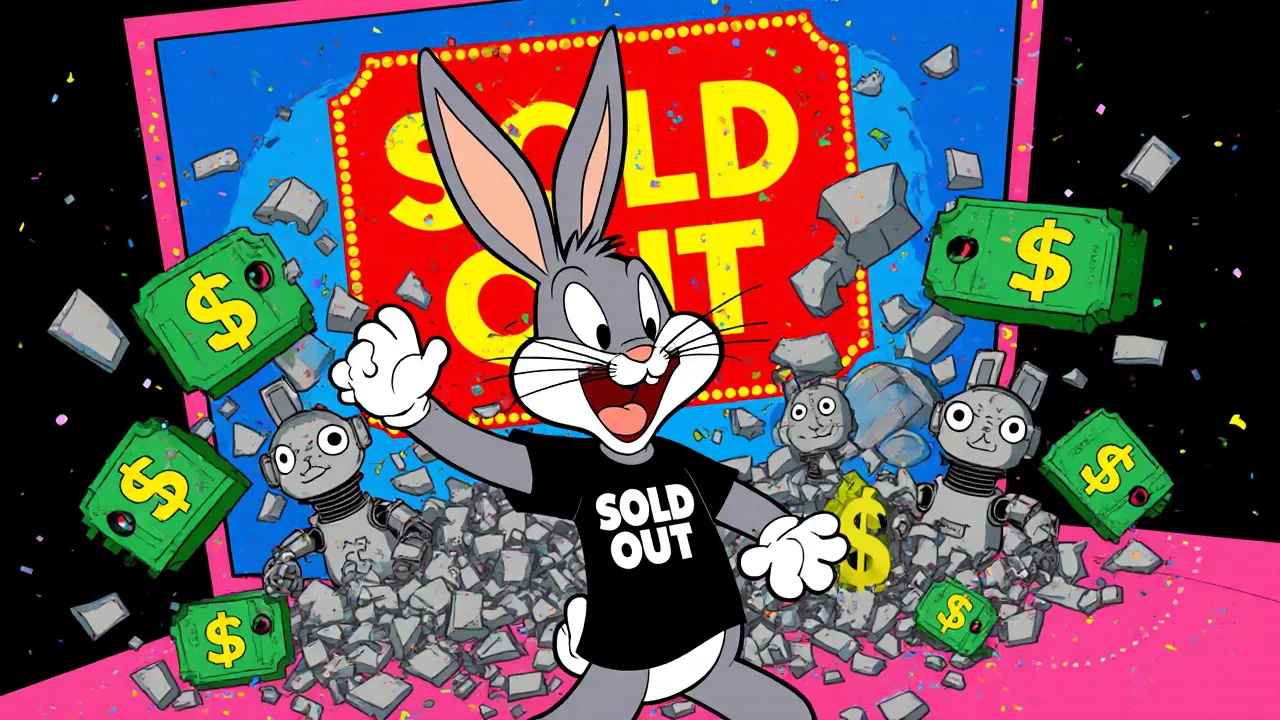
NFT Ticket Resale Profit Calculator
How NFT Ticketing Controls Scalping
This tool demonstrates how NFT ticketing's smart contract price caps reduce scalper profits while ensuring event organizers receive a fair share of resale revenue.
Imagine buying a ticket to your favorite band’s concert, only to find out it’s been resold for three times the price by a bot-powered scalper. This isn’t rare-it’s the norm. For years, fans have been priced out of live events while middlemen cash in. Traditional ticketing systems offer little defense. CAPTCHAs get bypassed. Purchase limits are ignored. Personalized tickets? Easily transferred or forged. But there’s a better way: NFT ticketing.
What Makes NFT Tickets Different
NFT tickets aren’t just digital copies of paper tickets. They’re unique, blockchain-based assets with built-in rules. Each one is a one-of-a-kind token tied to a specific event, seat, and buyer. Unlike a PDF or barcode that can be copied and shared, an NFT ticket has a verifiable history stored on a public ledger. That means no two tickets are the same, and every transfer leaves a permanent record. This uniqueness is what stops scalpers in their tracks. When a ticket is issued as an NFT, it can’t be duplicated. Even if someone tries to screenshot or print it, the real ticket lives only on the blockchain. And because ownership is tied to a digital wallet, you can’t just hand it off to a friend without a proper transfer-something that’s tracked and controlled by code.How Smart Contracts Block Resale Abuse
The real power behind NFT ticketing isn’t the token itself-it’s the smart contract. Think of it as an automated, unbreakable rulebook built into every ticket. Event organizers can program exactly how and when a ticket can be resold. For example, a smart contract can set a maximum resale price. If you bought a $150 ticket, the contract might say: “Resale allowed, but never above $200.” No matter how desperate the buyer is, the system won’t let it go higher. That’s something no human agent or website can enforce consistently. Scalpers rely on price chaos. Smart contracts remove it. Some platforms go further. They can require that resales only happen through official marketplaces, not third-party sites like StubHub. Others lock tickets to a specific device or biometric login, so even if you sell it, the new owner can’t use it unless they’re verified. Coachella and Tomorrowland use this approach-and counterfeit tickets at those events have dropped by over 90% since switching.Why Traditional Anti-Scalping Tools Fail
You’ve probably seen the usual fixes: purchase limits, CAPTCHAs, delayed delivery, ID checks. They sound smart-but bots have evolved faster than these defenses. Bots can solve CAPTCHAs in milliseconds. They can bypass purchase limits using thousands of fake accounts. Even if you require ID matching at the gate, scalpers just use stolen identities or hire people to stand in line. And dynamic pricing? It helps a little, but doesn’t stop someone from buying 500 tickets at $100 and flipping them for $800. NFT ticketing changes the game because the rules are enforced at the code level. No human can override them. No bot can fake ownership. The system doesn’t rely on trust-it relies on math and cryptography. That’s why Ticketmaster, one of the biggest players in the industry, now issues select event tickets as NFTs. They’re not experimenting-they’re responding to real customer frustration.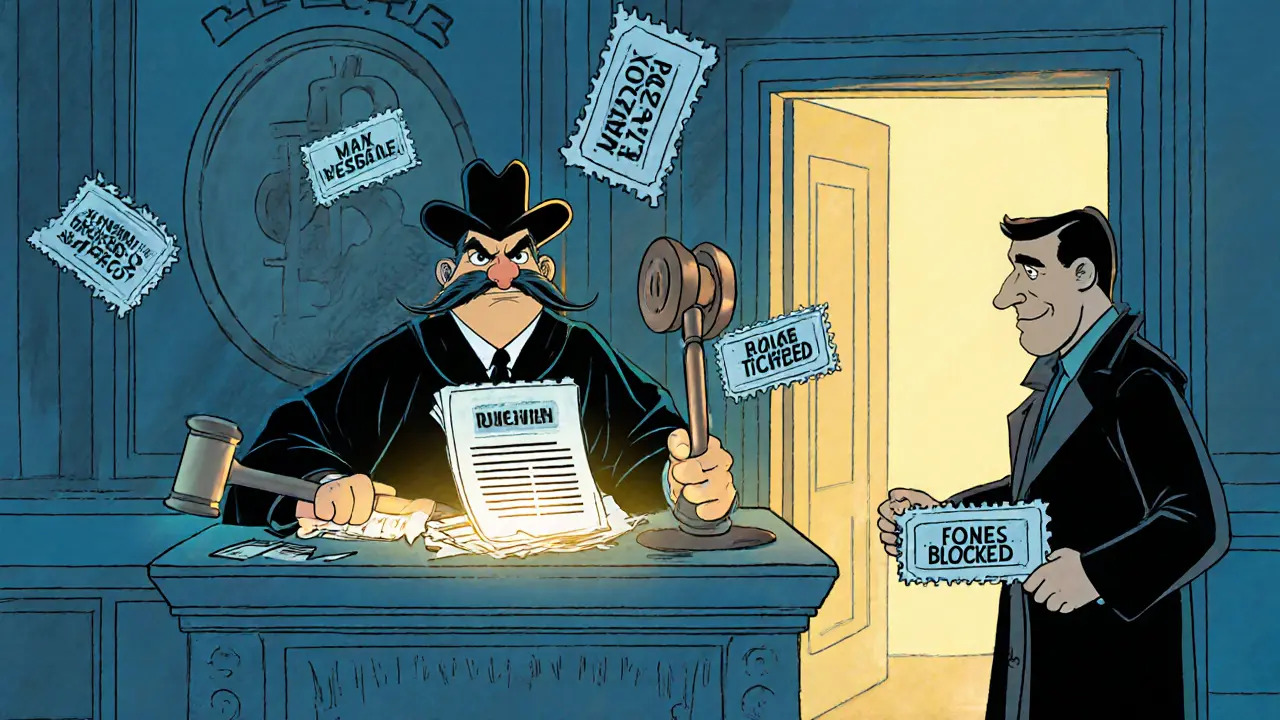
Organizers Get Paid When Tickets Resell
Here’s something traditional ticketing can’t do: collect royalties on resales. With NFT tickets, organizers can program in a percentage that automatically goes back to them every time a ticket changes hands. Say you buy a $100 ticket. The smart contract says: “If this ticket is resold, 20% goes to the artist or venue.” If someone flips it for $300, the original organizer gets $60. That’s not a one-time sale-it’s ongoing revenue. It also makes scalping less profitable. Why risk buying 100 tickets if you only keep 80% of the profit, and 20% goes straight to the event owner? This model turns scalpers into middlemen who don’t get the full reward. It aligns incentives: organizers want fair access, not just big upfront sales. Fans benefit because prices stay lower, and artists get more money from the secondary market instead of losing it to shady resellers.Real-World Success Stories
It’s not theory-it’s happening. In 2024, Coachella issued over 100,000 NFT tickets. Attendees reported almost zero fake tickets at the gate. The system flagged invalid transfers before entry, and resale prices stayed within 15% of face value thanks to smart contract caps. Tomorrowland, the massive electronic music festival, saw a 78% drop in ticket fraud after switching to NFTs. They also started offering exclusive digital collectibles to NFT ticket holders-like behind-the-scenes videos or artist meetups-which added value beyond just entry. Even smaller events are seeing results. A indie music festival in Portland used NFT tickets and cut scalping complaints by 92% in their first year. Fans didn’t need to be crypto experts-they just downloaded a simple app that handled the wallet for them.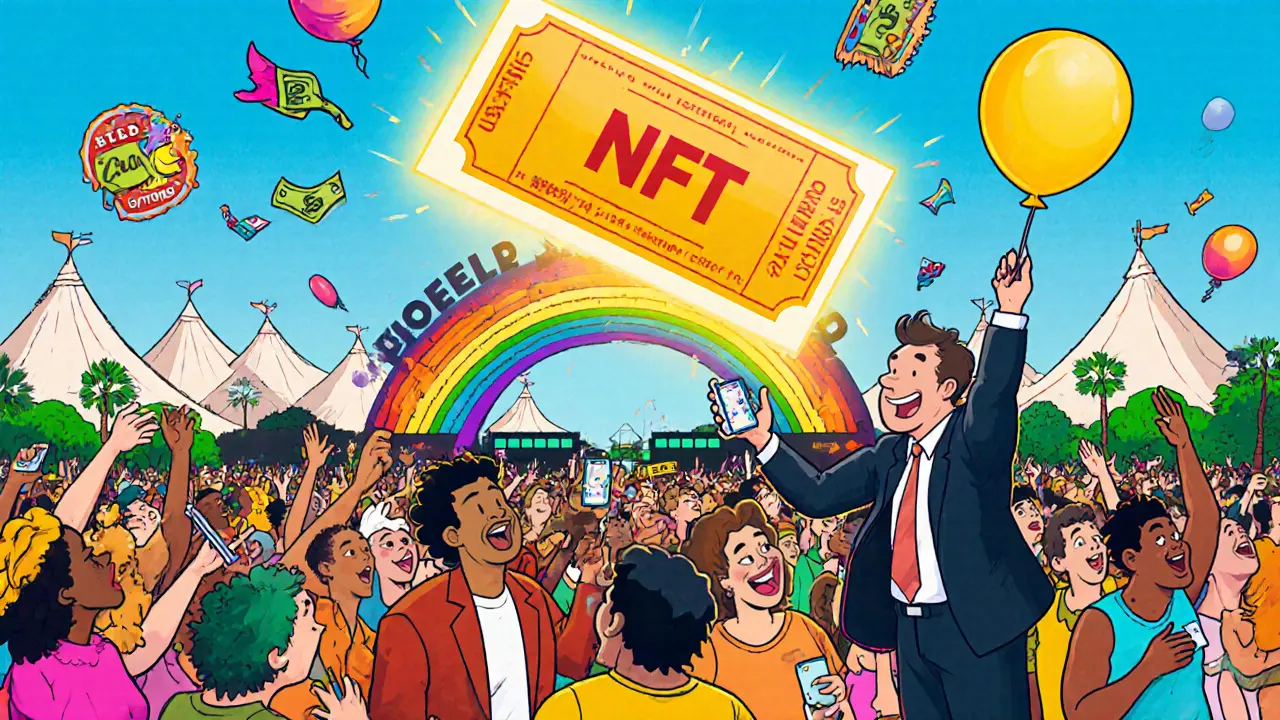
The Downsides-And Why They’re Getting Better
Let’s be honest: NFT ticketing isn’t perfect. Some people hate managing digital wallets. Others worry about losing access if they forget their password or lose their phone. There’s also the environmental concern-though newer blockchains like Polygon and Tezos use 99% less energy than older ones like Ethereum before its upgrade. But the industry is fixing these issues fast. Platforms now offer “custodial wallets”-where the event organizer holds the ticket for you until you arrive, so you don’t need to manage keys. Apps are simplifying the process: tap to buy, scan to enter. No blockchain jargon needed. And adoption is growing. More venues are partnering with NFT ticketing providers like SeatlabNFT and Tixl. Mobile operators are integrating ticketing into apps like Apple Wallet and Google Pay. The learning curve is shrinking.What’s Next for NFT Ticketing
The future isn’t about replacing all tickets-it’s about using NFTs where it matters most: high-demand events where scalping hurts fans the most. Concerts, festivals, sports finals, theater premieres. These are the places where bots and resellers thrive. NFTs shut them down. In the next two years, expect to see:- Integration with public transit and ID systems-your NFT ticket could also get you on the bus to the venue.
- Token-gated experiences-holding a ticket unlocks VIP content, merch discounts, or early access to next year’s lineup.
- Refund and transfer options built into the ticket-so if you can’t make it, you can give it to a friend without losing money.
Final Thought: It’s Not About Crypto-It’s About Control
You don’t need to understand blockchain to benefit from NFT tickets. You just need to care about getting a fair shot at the show you love. NFT ticketing gives fans back control-over price, over authenticity, over access. And it makes sure the people who make the music, run the shows, and create the experience actually get paid fairly. The old way didn’t work. The new way does. And it’s already here.Can NFT tickets be hacked or stolen?
NFT tickets themselves can’t be copied or forged because each one is unique on the blockchain. But if someone steals your digital wallet password or private key, they can transfer the ticket. That’s why it’s important to use secure wallets and enable two-factor authentication. Many platforms now offer custodial options where the ticket is held for you until entry, removing this risk entirely.
Do I need cryptocurrency to buy an NFT ticket?
No. Most modern NFT ticketing platforms let you pay with credit cards, Apple Pay, or Google Pay. The blockchain and wallet setup happen behind the scenes. You don’t need to buy Ethereum or any other crypto to get your ticket. The system handles it automatically.
What if I lose my phone or forget my password?
Many NFT ticketing platforms offer recovery options like email-based access, backup codes, or even customer support assistance to restore your ticket. Some even allow organizers to temporarily hold your ticket in a secure account until you can regain access. Always check the platform’s recovery policy before buying.
Are NFT tickets more expensive than regular tickets?
No. NFT tickets are sold at the same face value as traditional tickets. The cost difference, if any, is usually a small processing fee-often less than what you’d pay on a resale site. The real savings come later: you won’t be forced to pay inflated prices on the secondary market.
Can I resell my NFT ticket for any price?
Not unless the smart contract allows it. Event organizers set resale limits when the ticket is issued. You might be able to resell it, but only up to a capped price-like 20% above face value. This prevents price gouging. Some platforms also require resales to happen only through their official marketplace, not on third-party sites.

